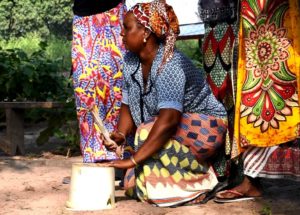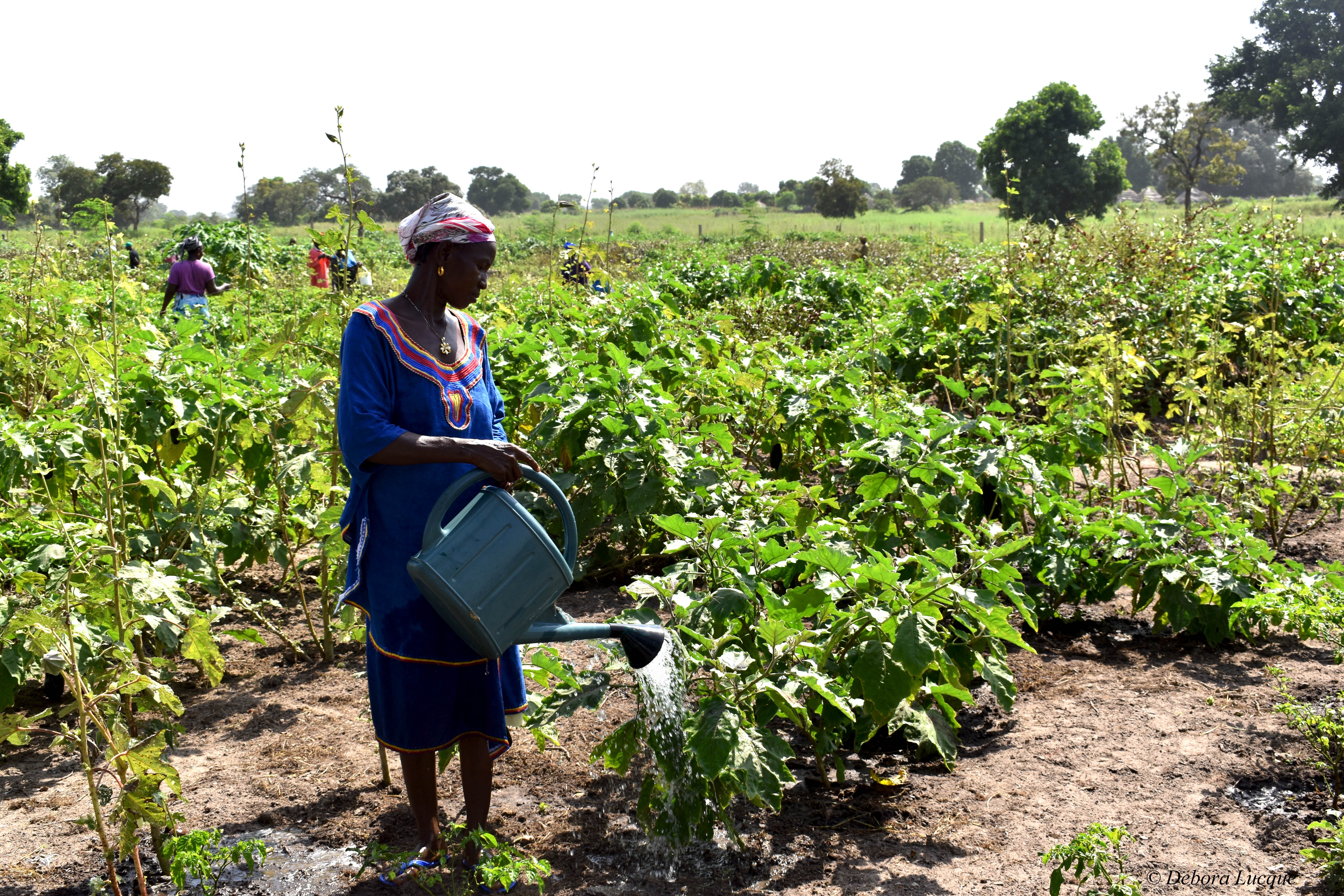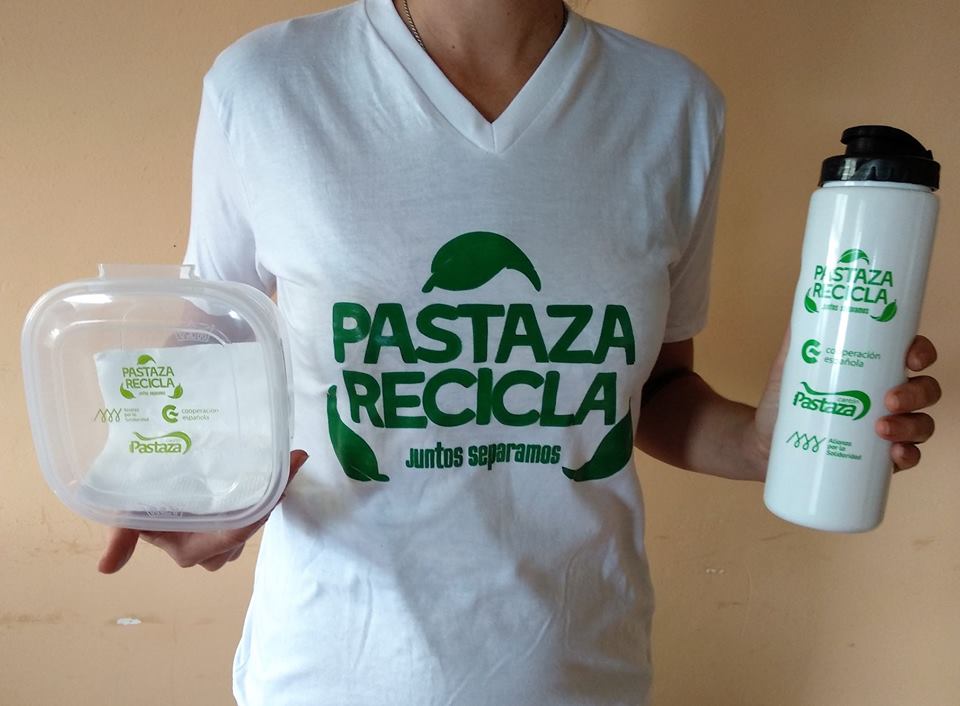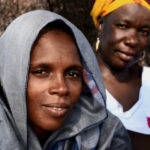MY FIRST MISSION IN SENEGAL
Debora Lucque
7:30 am
Abdou, one of Alianza’s drivers, is waiting for me, Cristina and Alex downstairs. He is going to drive us to the northern part of Kolda region, in the department of Medina Yoro Foulah which shares its border with Gambia. According to the agenda, we are going to visit two villages, Kibassa and Diabougou, where Alianza is implementing one of its projects.
In spite of the early hour, the city is already bustling with people. Kids walking on the streets with their backpacks on ready to go to school, men driving karts lead by donkeys, women setting up their stands in the market with bananas, watermelons, peanuts and other fresh products, jakartas – the moto taxies – frolicking around. And then, of course, the animal population: dogs, goats, sheep, pigs.
It’s my very first mission on the field and I can’t hide my excitement. Everything is still new. After all, it’s been less than two weeks since I arrived in Kolda. For this reason, I am looking outside the window with the curiosity of a child mingled with awe, not quite sure where to focus my attention. Too many stimuli for my brain, hence I am relieved when the jeep leaves the city heading up north.
All of a sudden we step into a new dimension swathed in the faint morning mist. Pretty soon, however, the mist lifts up revealing a deep blue sky. Now, with the sunlight, I appreciate the landscape even more. Apart from the occasional villages, what I see is mostly nature.
Pure, uncontaminated nature as far as the eye can see.
I am still processing the natural beauty surrounding us, when the car comes to a stop.
We have reached our first destination: the community garden in Kibassa. Two hectares of land divided into 70 identical parcels owned by just as many women, each of them growing different kind of vegetables depending on the season.
Our arrival is not unnoticed. In fact, we barely have time to step outside the jeep that we are welcomed by about a dozen women.
– “Salam Aleikum”.
– “Bonjour”.
– “No ngooludaa!”.
They are saluting us in the three mostly spoken languages of the country – Wolof, French, Pulaar. A woman starts to tune some lyrics in Pulaar followed suit by the rest. The rhythm takes a crescendo. The voices are accompanied by hands clapping as well as by whatever it can be used as percussion. The energy is infectious. Personally, I had never seen anything quite like it. Despite not being able to understand what they’re singing, my fellow volunteers and I are mesmerized.

I look at the group of women trying to take a mental picture of the scene: the wide smiles, the happiness on their faces, their feet stomping on the ground, the gaudy colors of their clothes. I want to remember every single detail because everything in this moment represents the vigorous energy of life.
Sane, the technician from FODDE, our local partner, acts out as our translator for the day and explains us the meaning of the song. “They are singing to welcome you and to say thank you.”
Thank you, Ajaaraamah is a word that we keep hearing throughout the visit. Whenever a woman starts speaking, the very first word she utters is “Ajaaraamah”. I might not understand the word in pulaar but to be honest I don’t really need to. Looking at their body language, at their faces is self-explanatory.
“Being part of this project has drastically changed our lives.” A woman says.“This time last year, the majority of our children were sick. People of our community were having health issues. Every day was a struggle for food. Our daily diet was based just on rice and peanuts.”
The testimonies of the women were all stressing the same message:
“Our health has radically improved, our children’s health has improved. Our diet is better, more varied as well as more nutritional.”
However, the amelioration in terms of health isn’t the only positive outcome. Along with it, there’s the financial impact of the project:
“The vegetables we grow are destined partly for our self-consumption, partly for the market sale.”
Every woman is free to decide how much she wants to sell as opposed to how much she wants to keep for her household. The money they are earning from sales have become the main source of revenue for their family.
“Not only we have the economical means to provide our family with food, but we are also able to buy other things we may need. Last year, I didn’t have money to buy food, let alone new shoes or soap! Today, I can afford all those things.”
It’s incredible how a two-hectare piece of land can change people’s lives.
When I was reading about the project all I could see was black ink on a paper. Surely, it serves its purpose when it comes to track the progress, evaluate it, report the results to the donors. You might scroll through the description, the numbers, the research, the technicalities, but the information you get doesn’t compare to the experience of going on the field. Seeing with your own eyes, hearing with your own ears the testimonies of the people: that makes all the difference.
The sterile numbers dissolve leaving the place to faces. The written description is replaced by the voices of the women. And right there, under a secular tree surrounded by dozens of women of a small Senegalese village at the border with Gambia, I have the confirmation of what I have been knowing for quite some time now.
This. This is why I decided to embark on this volunteering experience: for the humanity enshrined in moments like this.













Dejar un comentario
¿Quieres unirte a la conversación?Siéntete libre de contribuir!